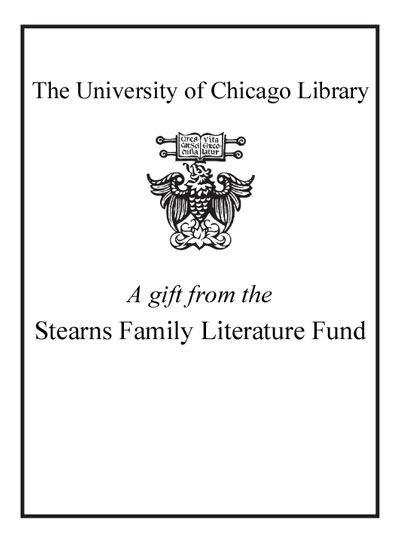Review by Choice Review
Russell (Univ. of Oxford, UK) traces the evolution of essays that utilize an approach he calls tact, a way of experiencing and describing the world without pigeonholing it. The essayists surveyed include Charles Lamb, John Stuart Mill, Matthew Arnold, George Eliot, and Walter Pater. The volume is carefully researched and engagingly written throughout--it is a must-read for any serious practitioner or scholar of the personal essay--but the most interesting of the six chapters are easily the first two, which look at Lamb and Mill. Lamb's peculiar approach to assaying early-19th-century London is so obvious a forerunner to today's first-person feature writing that graduate programs in creative nonfiction should drop everything on this semester's syllabus to read this chapter and then every essay that Lamb wrote. Chapter 2 stands out for Russell's insistence on reading Mill's mature work (e.g., On Liberty) alongside his earlier, more spirited work on aesthetics. Russell shows how, as a young man, Mill rejected the utilitarianism of his father, James Mill, and of his teacher, Jeremy Bentham, for a more humane mode of liberalism that sought to combine politics with poetry. This book is an excellent companion to Phillip Lopate's anthology The Art of the Personal Essay (CH, Oct'94, 32-0726). Summing Up: Essential. Graduate students, researchers, faculty. --Michael W. Cox, University of Pittsburgh at Johnstown (UPJ)
Copyright American Library Association, used with permission.
Review by Choice Review

